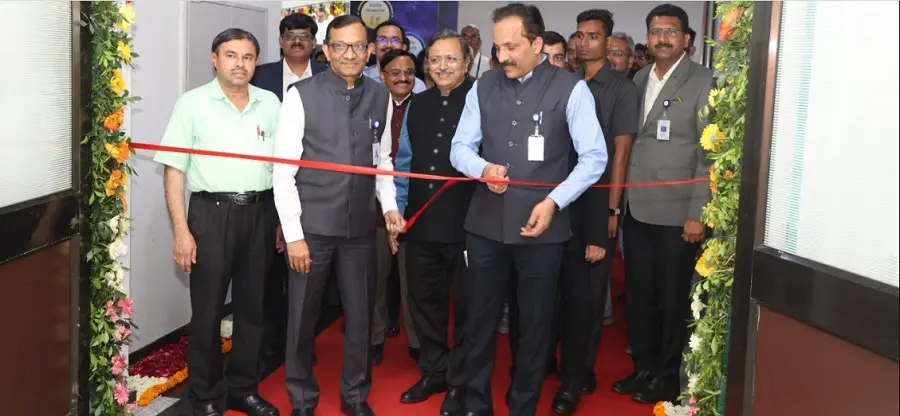IN-SPACe’s new design lab to help space startups build prototypes faster and reduce research costs.
Bengaluru, NFAPost: India has established a new design lab in Ahmedabad that aims to facilitate space sector startups in converting their inventive concepts into practical models at a faster pace.
The Space Systems Design Lab, run by the Indian National Space Promotion and Authorisation Centre (IN-SPACe), has advanced analysis and simulation software, such as mission simulation, spacecraft and payload modelling and optimization, and ground station and launch vehicle avionics.
According to IN-SPACe Chairman Pawan Goenka, the lab’s resources will help startups to build prototypes with fewer iterations, resulting in significant cost savings on research and development.
Boosting non-governmental entities’ role in the space sector
The Space Systems Design Lab in Ahmedabad, inaugurated by ISRO Chairman S Somanath, is expected to boost the role of non-government entities (NGEs) in developing cutting-edge space technologies. Somanath believes that such facilities will help increase the scale of the space economy from the present two per cent to ten per cent of the global economy.
He expressed ISRO’s commitment to working with NGEs in achieving this objective. The lab has computing resources consisting of 16 workstations and high-performance computing multi-core servers (up to 400 cores), as well as a range of software resources for mission planning, RF design, and thermal design and analysis of space systems.
Seed fund scheme for early-stage space start-ups
IN-SPACe will provide practical training and workshops to non-government entities to use these software packages through the space systems design lab.
The lab’s goal is to help space start-ups convert their innovative ideas into onboard implementable modules. By using the lab, start-ups can visualize and validate their designs before the actual production phase, reducing their turnaround time and research costs.
IN-SPACe has previously announced a Rs 1 crore seed fund scheme to assist early-stage space start-ups that use space technology to address upstream, midstream, and downstream challenges in the sector.





